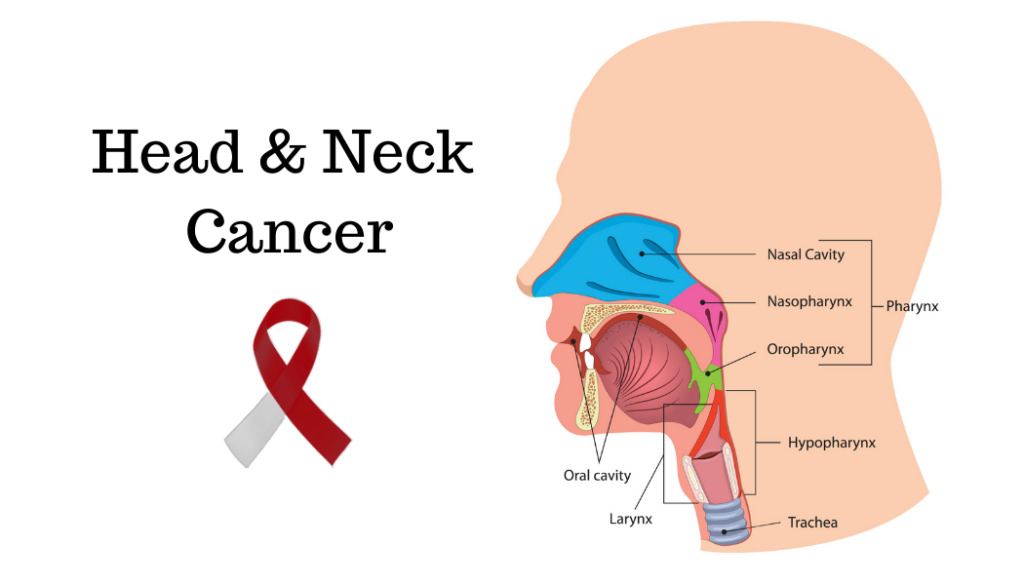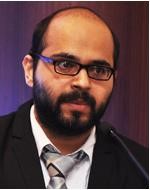
Head and neck cancer is the 6th most common cancer worldwide. It is more prevalent in certain regions of the world where consumption of tobacco in any form is very common. For example, consumption of chewing tobacco in India has resulted in the highest incidence of oral cancer in these populations. Head and neck cancer is thus a major challenge for the medical profession since it not only leads to loss of life for those affected by the disease, but also causes a significant impact on the form and function of the afflicted individual and has an indirect impact on their families and society. In the past century, however, great strides have been made in the improvement of cure rates for this disease and more importantly in the improvement of quality of life of patients suffering from head and neck cancer. Coupled with the therapeutic advances are major strides in understanding the biology of head and neck cancer and advances in basic research, particularly in the field of genomics of these tumors, and the study of mutations identified in these tumors to detect, treat, and prevent these devastating human neoplasms.
However, over the course of the second half of the past century, quality of life became an important issue and progressively conservative function-sparing surgery became more popular. Over the course of the past two decades, minimally invasive surgical approaches to maximize aesthetics and function have played an important role. A vivid example of a transformation from radical surgery to minimally invasive surgical procedure is exemplified in the management of cervical lymph node metastases. We have transitioned from radical neck dissection to selective neck dissections to sentinel node biopsy. Similarly, function-sparing surgery and minimally invasive surgery have led to the development of transoral laser microsurgery, endoscopic endonasal skull base surgery, and transoral robotic surgery. In the arena of reconstruction, we have advanced from delayed staged reconstruction to immediate reconstruction of major surgical defects. Development of microsurgery and free flap surgery with composite tissue transfer has led to the ability to reconstruct virtually any defect in the head and neck area. There has been increasing attention to preservation or restoration of form and function and increased sensitivity to esthetics in planning surgical procedures.

Dr Vikas Talreja
DM (Medical Oncology & Hematology) Tata Memorial Hospital
ECMO (European certified Medical Oncologist)
MRCP, MNAMS, MD (Internal Medicine),
MBBS (Delhi)
Post Graduate Cardiology (John Hopkins University)
IASLC International Mentorship Award
ACLS, BLS Certified (American Heart Association)
ACORD (Member of Australian Group) Alumni Batch 2016
Consultant –Specialist, Department of Medical Oncology – Regency hospital Kanpur
Ex Consultant – (Safdarjung Hospital & Vardhman Mahavir Medical College and Tata Memorial Hospital)
Registration: – Delhi Medical Council (DMC/R/06903)
Website: drvikastalrejadm.medicoexperts.com/
The rapid transition from low-voltage superficial X-ray to super voltage linear accelerator with photons and the introduction of electrons, neutrons, protons, and particle therapy continue to improve the outcomes from radiotherapy, with reducing the sequel of treatment. Similarly, there have been significant advances in the development of radiation delivery systems from radium plaques and needles to radon seeds to superficial and deep X-rays using parallel opposing ports to conformal RT and 3 dimensional treatment planning. The past quarter of the century saw the development of intensity-modulated RT, image-guided RT, and the development of protons and intensity-modulated proton therapy, and in the very foreseeable future, we are looking forward to the clinical application of carbon ion particles.
Development of new drugs continues to advance the field of medical oncology over the course of the second half of the past century with the introduction of nitrogen mustard during the Second World War and the subsequent introduction of methotrexate, bleomycin, vincristine, doxorubicin, cisplatinum, 5FU, taxanes, anti-EGFR agents, TKI, and mitogen-activated protein kinase inhibitors and targeted agents as well as immune modulators such as anti-PD1, PDL1, and anti-CTLA 4 agents. Similarly, the drug administration focus has changed from palliative chemotherapy to adjuvant chemotherapy to induction chemotherapy and eventually to concurrent chemotherapy with radiation and administration of targeted agents and immunotherapy. Advances in allied disciplines such as pathology, radiology, nuclear medicine, dental oncology and prosthetics, rehabilitation medicine, quality of life and support services, nursing, social services, patient support groups, and internet-based resources have kept pace with advances in therapeutic modalities for head and neck cancer. The biggest advance during the course of the past century is, however, integration of multiple treatment modalities into the development of multidisciplinary care and precision medicine
Thus, the past century has been an exciting time which has delivered major strides in the understanding of the biology, etiology, diagnosis, treatment, rehabilitation, and prevention of the head and neck cancer. Clearly, these advances have allowed more patients to live longer with better quality of life.
It is very important that you understand the disease and the treatment involved.
JASCAP has books to help you understand Head & Neck Cancer and fight it.
- E – 17 – Cancer of the larynx (voicebox)
- E – 22 – Head and Neck Cancers
- E – 22(B) – Paranasal Sinus and Nasal Cavity Cancer
- E – 22(C) – Salivary Gland Cancer (Adult)
- E – 22D – Lip and Oral Cavity Cancer
- E – 22(H) – Hypopharyngeal Cancer
- E – 22(O) – Oropharyngeal Cancer (Adult)
- E – 76 – Eye Cancer – Intraocular (Uveal) Melanoma
- E – 77A – Cancer of the lacrimal gland
- E – 94 – Nasopharyngeal Cancer
- E – 117 – Cancer of the ear
Books in 11 different languages can be found on
https://jascap.org/cancer-books-pdf/

Dr Vikas Talreja
DM (Medical Oncology & Hematology) Tata Memorial Hospital
ECMO (European certified Medical Oncologist)
MRCP, MNAMS, MD (Internal Medicine),
MBBS (Delhi)
Post Graduate Cardiology (John Hopkins University)
IASLC International Mentorship Award
ACLS, BLS Certified (American Heart Association)
ACORD (Member of Australian Group) Alumni Batch 2016
Consultant –Specialist, Department of Medical Oncology – Regency hospital Kanpur
Ex Consultant – (Safdarjung Hospital & Vardhman Mahavir Medical College and Tata Memorial Hospital)
Registration: – Delhi Medical Council (DMC/R/06903)
Website: drvikastalrejadm.medicoexperts.com/

